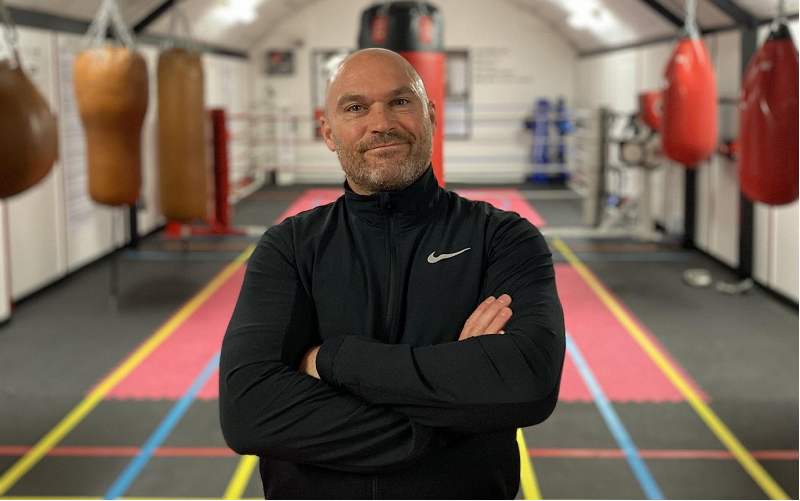By Ahmed Shooble
April 8 2020, 22.30
Follow @SW_Londoner
From the Christmas truce to Didier Drogba ending a civil war in his native Ivory Coast, sport has always been a great unifier in trying times.
Its essence is often bound with a collective escape from reality, with sports clubs acting as vehicles through which this bond is felt.
COVID-19 has stopped the world on its axis but there are still local clubs preserving this essence within their communities.
But as they are left picking up the pieces, it provides a stark reminder of what the bigger clubs could be doing to help those they plan on serving once normality returns.
Dawn Slaughter, captain of the ladies’ team at Cambridge Park Bowls Club, posts regularly on the club’s website and Facebook page to keep in touch with isolated members, urging them to stay positive.
A sport with an older associated demographic, the club’s closure means its members are deprived of their physical and social outlets.
But Slaughter insists even if one person feels less isolated because of her posts, she has made a positive impact.
“It can get lonely when your mind wanders,” Slaughter said.
“I’ve rung a few people and they were so pleased to hear my voice. All they want is a five-minute conversation.”
Slaughter traces her altruism to her parents who owned a pharmacy together for 24 years.
On Mother’s Day, she dedicated a post to her late mother, June Mansell, expressing her drive to help the community and encouraged others to foster this attitude in lockdown.
She believes this selfless attitude has made it easier to reach out to others during this difficult time.
Slaughter said: “They gave their all to the community – my parents went out of their way to help customers at their pharmacy and in all aspects of life.
“They brought my brother and I up to always think of others before ourselves.”
Shirley Oakes, 84, a club member for 20 years, said: “I used to bowl with Dawn’s parents, so I emailed her and told her how much I appreciated her Mother’s Day post.
“It really does help. We miss bowling and this is the next best thing.
“I have my husband but if you’re on your own, like many elderly people, I’m sure they’ll appreciate it.”
This communal bond is also felt by Harvey Morgan, the head coach at Legend’s Boxing Gym in Richmond.
As a born-again Christian, Morgan’s beliefs align with the unity sport so often breeds.

“My picture of the world is not all doom and gloom,” Morgan said.
“Every morning I’m grateful to be alive for another day and then I think ‘how can I help?’”
His optimistic outlook is what fuelled his next idea: boxing classes on Zoom.
As head coach of the gym, Morgan took it upon himself to spread positivity in uncertain times.
Morgan said: “Everyone’s giving free fitness away so we can’t charge for fitness anymore.
“I’d love to teach people how to box in this period. We can say we completed the #COVID-19Course.
“People come out with all the basics and join their local boxing gyms with confidence.
“But it’s about reaching those numbers and we can’t do it while our ship is sinking.”
Meanwhile, some of the country’s richest sporting convoys have had a judging eye cast on them for furloughing staff while their highest earners remain financially unscathed.
But those running local clubs believe this is a better time than any to cultivate a sense of community which the larger sports clubs appear to have neglected.
Slaughter said: “Everyone is saying how wonderful their neighbours and families are. Doing deliveries, ringing, so and so.
“It’s such a good network and that’s so important. We’ve got to keep going otherwise we’ll all sink into depression.”
Morgan said: “Unity is the most important thing right now. Our job was to make you feel better than you did when you walked in.
“It’s about getting that across to people – especially now.”
Still, the decision by some of the country’s wealthiest sports clubs to request taxpayer’s money designed to help smaller organisations like these clubs exposes a zeal to use sport for personal gain rather than communal benefit.
Perhaps taking heed of the work done by these local clubs will bring them back to the reality they once helped us escape from.
